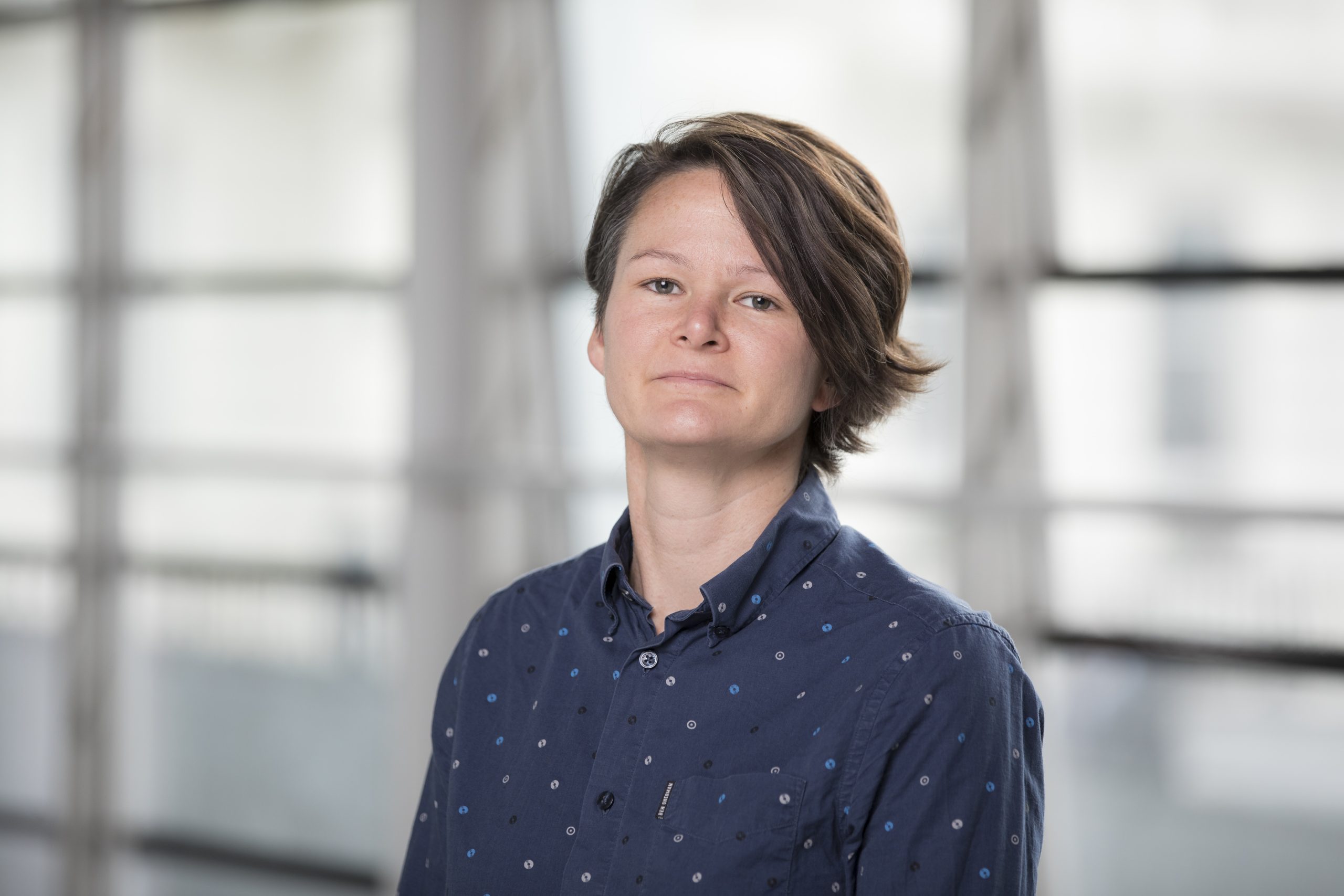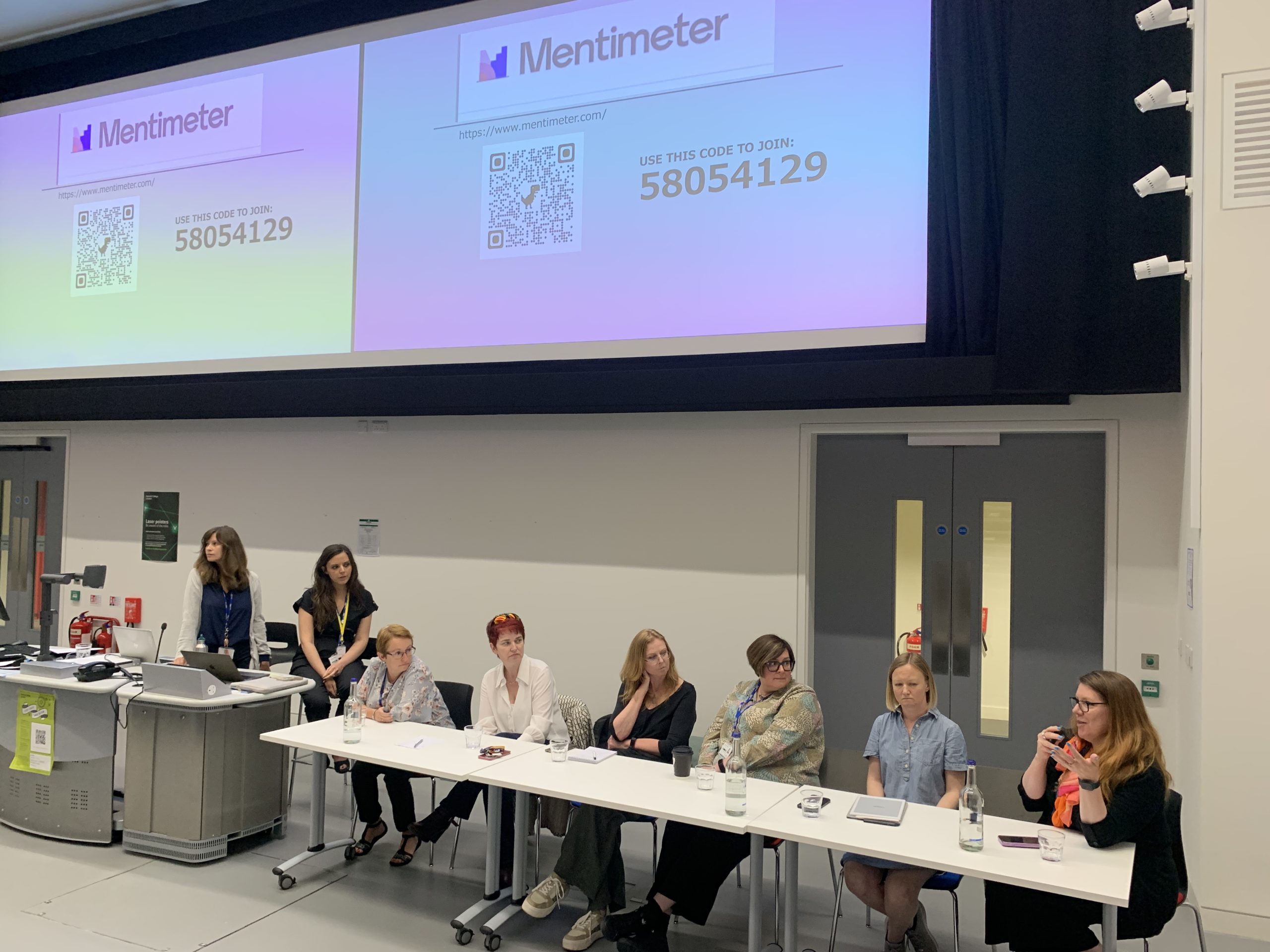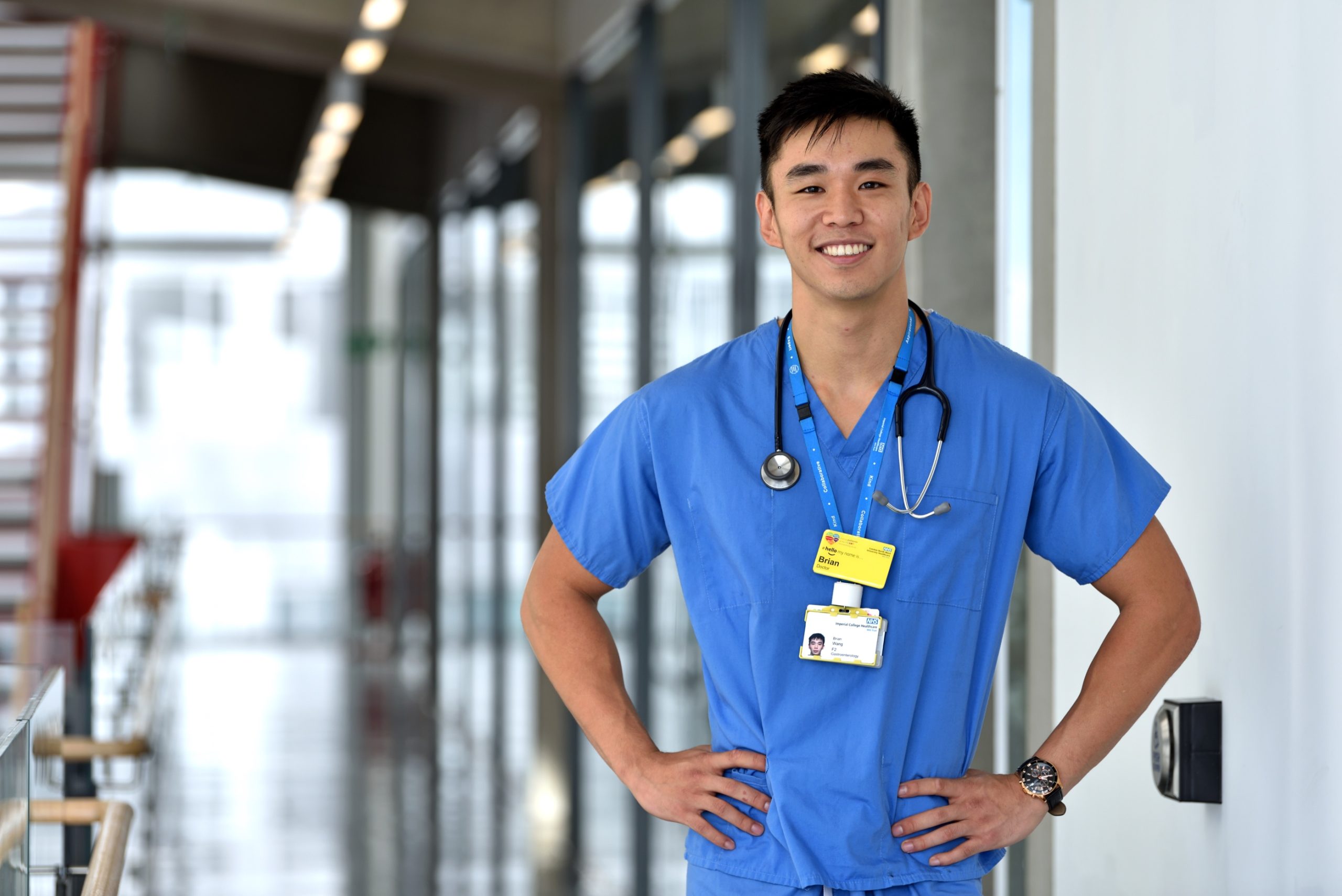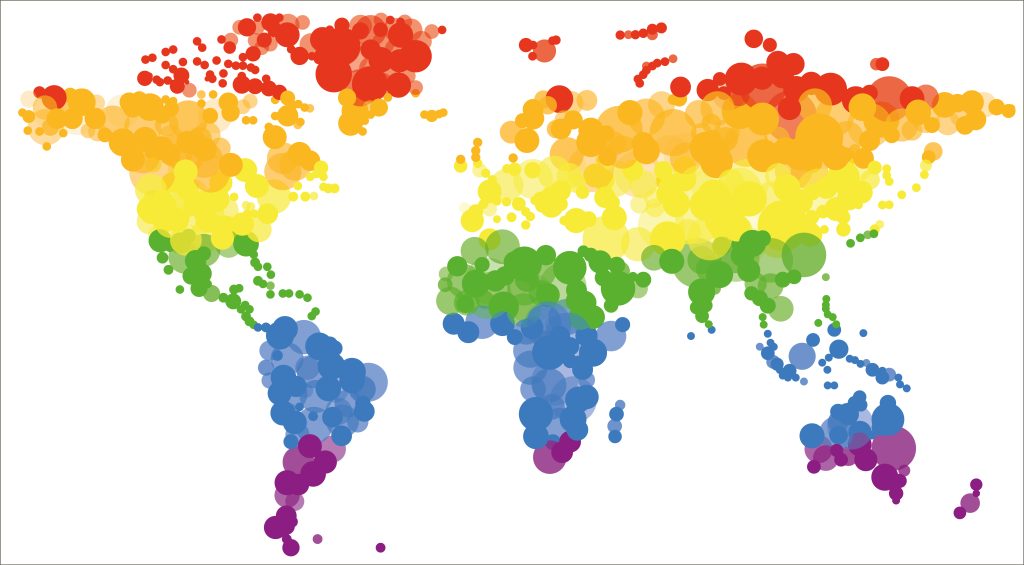
Lesbian, gay, bisexual, transgender, queer, questioning, intersex or asexual (LGBTQ+) travellers can face unique challenges when travelling abroad. That’s why, Rosie Maddren, Lucy Okell, Beth Cracknell-Daniels, Joseph Hicks and Christina Aitchison from the School of Public Health set up the LGBTQ+ International Support Group at Imperial to help improve the overall experience of going abroad for LGBTQ+ staff and student travellers.
This post was originally published in June 2023 and was updated in February 2026
“So are you married?”
I freeze. How do I respond? It seems like a simple enough question, but I’m gay (and so is my spouse). The question is being asked by a taxi driver in a country where not only is same-sex marriage illegal, but so is homosexuality in general. And it’s not just something imposed by the government. A recent poll suggested that 90% of this country’s citizens have a negative view of LGBTQ+ people. So how do I respond? How would you?
Travelling abroad for work is a rewarding opportunity that can come with challenges for any student or staff member. For those identifying as part of the LGBTQ+ community, such travel can be associated with further complications. Legal restrictions and societal norms of some countries may make LGBTQ+ staff and students feel anxious, unwelcome or unsafe. Unfortunately, in certain environments being your true self can directly impact your safety. On the other hand, presenting a censored version of yourself may negatively impact your mental health and wellbeing. There is no single correct way to navigate such situations, and there is limited guidance on this topic provided not only by Imperial, but wider networks across the globe. in 2022, a group of us started working together to help build support for LGBTQ+ staff and student travellers at Imperial.
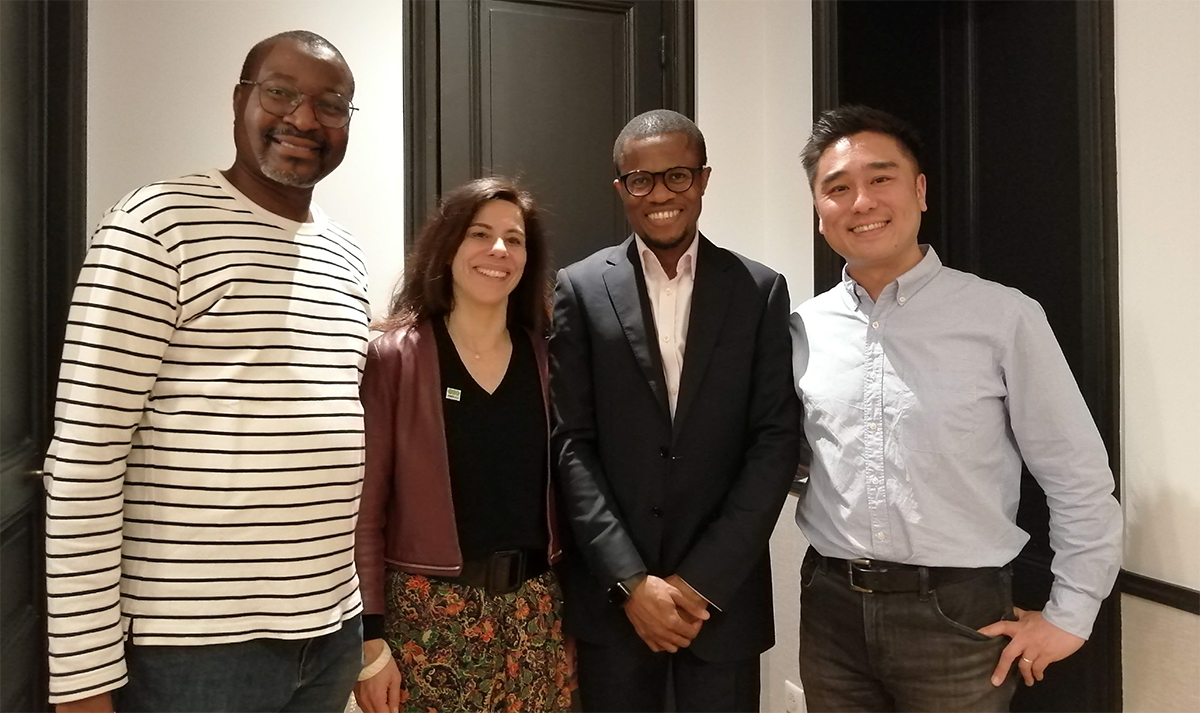
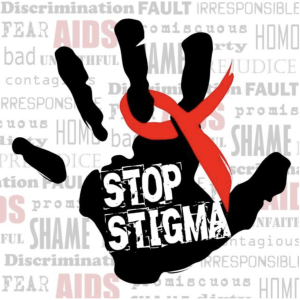
 Kelly Gleason introduces a guide,
Kelly Gleason introduces a guide, 